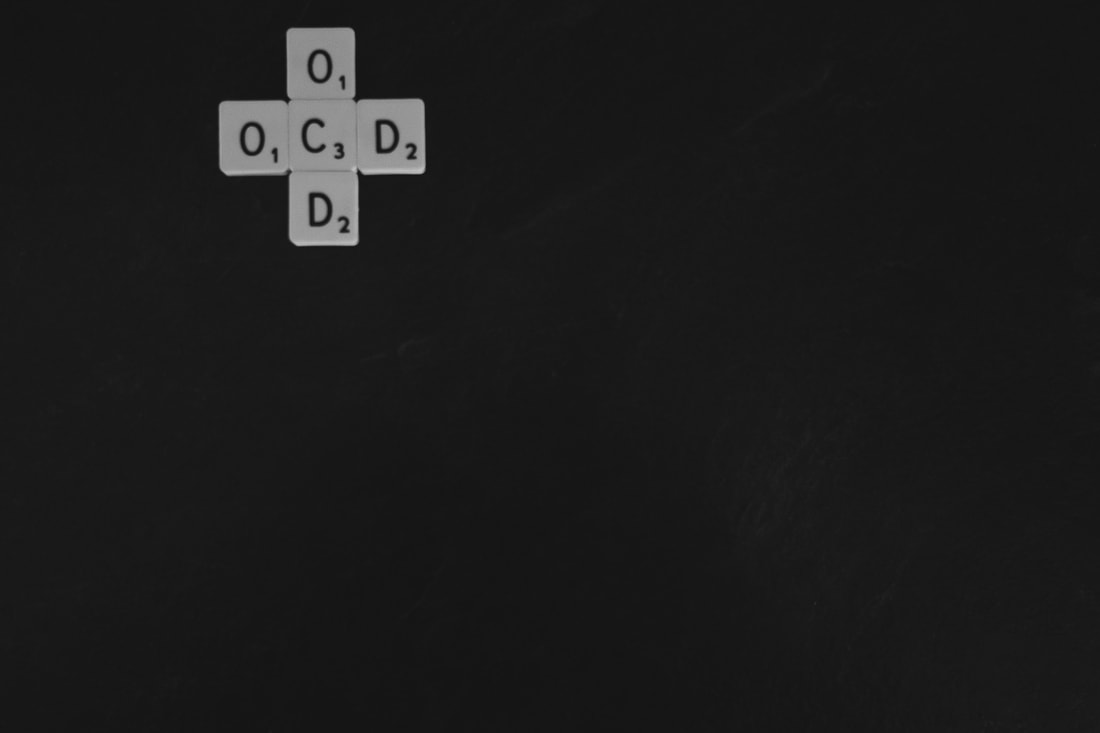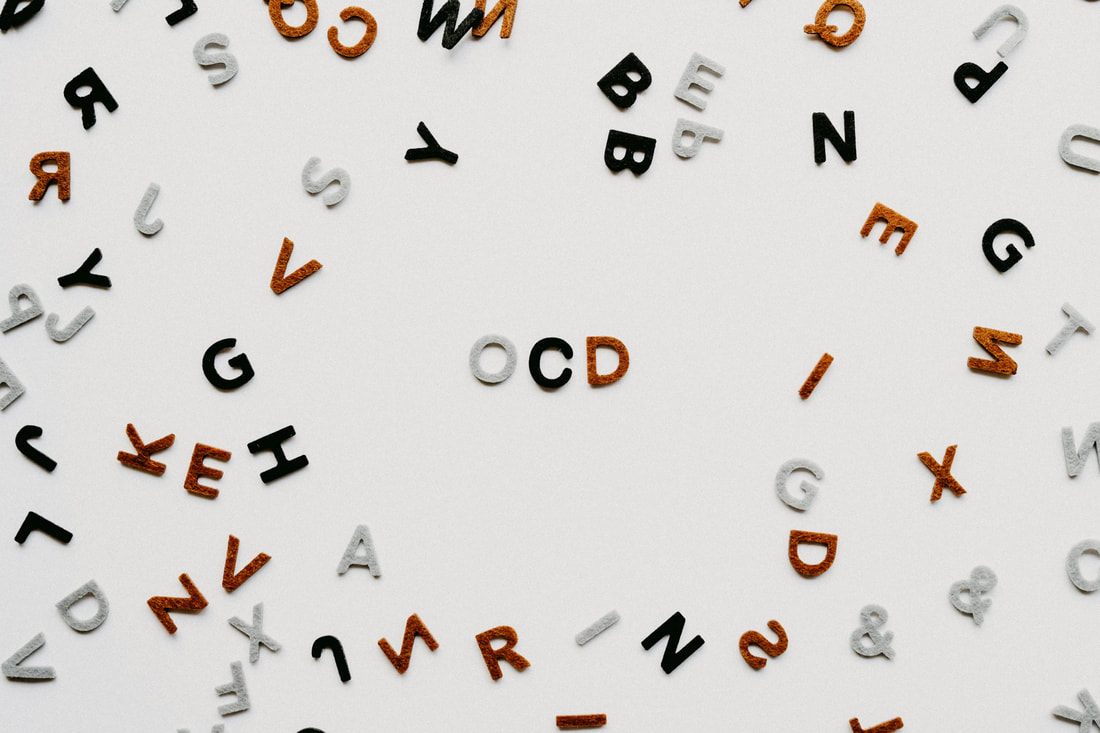Neuroimaging and the Personalisation of TreatmentRecent studies have significantly advanced our understanding of the neural mechanisms underlying OCD. These findings will allow for the implementation of more personalised treatment approaches. Researchers have identified relevant neural networks that are considered to be associated with the severity of OCD symptoms. The use of neuroimaging techniques such as functional MRI (fMRI) and positron emission tomography (PET) have allowed scientists to visualise the areas of the brain that are overactive in individuals that suffer from OCD. This has led to a better understanding of the disorder's expression within the human brain which can enable the development of targeted treatments that aim at addressing these neural circuits. Findings such as the identification of hyperactivity in the cortico-striato-thalamo-cortical (CSTC) loop, which is involved in the regulation of habit and routine behaviours and it’s relevance to OCD has been crucial. Neuroimaging can help identify abnormalities in this loop, which allows for treatments to be tailored in order to address these specific areas. Further methods such as Connectome-based Predictive Modeling (CPM) allow for the integration of multimodal neuroimaging data, which allows for the prediction of individual treatment methodologies. This will allow for the personalisation of therapeutic interventions. Role of Insight in TreatmentHaving sufficient insight into one’s condition is crucial in the treatment of OCD. Studies indicate that the level of insight an individual achieves, can significantly influence the response to treatments like cognitive-behavioural therapy (CBT) and pharmacotherapy. Patients with poor insight often do not recognise their obsessions and compulsions as excessive or sometimes don't recognise them in the first place. This can hinder treatment adherence and efficacy. This does not have to be related to intelligence but can also be related to a psychological defence. In order to address this, therapeutic strategies are being developed to enhance insight. These include motivational interviewing techniques to increase a patient’s awareness and acceptance of their condition in addition to the implementation of psychoeducation in order to provide a better understanding of OCD. Sufficient insight has been shown to improve the efficacy of CBT by making patients more receptive towards cognitive and behavioural techniques. Exposure and Response prevention remains as an integral part towards addressing OCD. This applies to face to face sessions and OCD targeting online therapy. Ketamine and Neuromodulation TherapiesInnovative treatments like ketamine and neuromodulation therapies have shown some early potential in minimising OCD symptoms. Ketamine has been found to rapidly decrease OCD symptoms. This is achieved by affecting the brain's glutamate system. Research indicates that ketamine's effects may involve the modification of activity in the frontal-striatal circuit, which has a direct effect on compulsive behaviours. In one smaller study, patients with OCD received low doses of ketamine or saline via infusion (control group). Those who received ketamine reported a rapid decrease in OCD symptoms compared to those who received saline. Interestingly, these effects persisted beyond the drug's rapid metabolism by participant's metabolic systems. This may indicate a lasting impact on the brain’s neurochemistry (NIH Record, 2024). Neuromodulation therapies such as transcranial magnetic stimulation (TMS) and deep brain stimulation (DBS) are being explored for their efficacy in modifiying OCD symptoms. TMS uses magnetic fields to stimulate specific brain areas, while DBS involves a more invasive method of implanting electrodes in order to modulate brain activity. Both approaches aim to correct the dysfunctional neural circuits associated with OCD. Thus offering hope for patients who do not respond to more conventional treatments (ScienceDaily, 2023). OCD therapy in London that often relies on CBT as the gold standard approach, sometimes also offers more technical methods such as above in order to treat the condition. Chemical Imbalance in the BrainSome current researchs suggests that a chemical imbalance in the forebrain might be a significant driver of OCD symptoms. A study from the University of Cambridge discovered that dysregulation in brain chemicals, particularly involving glutamate and gamma-aminobutyric acid (GABA), could act as a major driver for compulsive behaviours and the anxiety associated with OCD. Glutamate is the brain's primary excitatory neurotransmitter, and its imbalance can lead to excessive neuronal firing which may contribute towards the intrusive thoughts and compulsions that is often seen in OCD. GABA is an inhibitory neurotransmitter that counterbalances glutamate. Restoring the balance between these neurotransmitters could help positively affect OCD symptoms. This discovery allows for the opening up of new avenues for developing treatments that specifically target these chemical imbalances (ScienceDaily, 2023). Deep Brain Stimulation (DBS)Deep Brain Stimulation (DBS) is proving to be highly effective for more treatment-resistant OCD. This therapy involves implanting electrodes in specific brain regions in order to regulate relevant activity. DBS mostly targets the brain's CSTC loop, which is known to be hyperactive in individuals that suffer from OCD. By modulating the activity in this loop, DBS can significantly help reduce OCD symptoms. Despite its efficacy, DBS carries risks such as complications from hardware implantation and the potential for new obsessions related to the the implanted device The invasiveness of this approach will often make it a last point of call. An effective implementation of DBS requires a close therapeutic alliance between the patient, the neurosurgical team and medical staff such as psychiatrists. Ongoing research aims to refine this method and whilst further understanding its long-term benefits (SciTechDaily, 2024). Evolutionary Psychology and AnxietySome argue that from an evolutionary perspective, OCD and related anxiety disorders may have roots in adaptive mechanisms related to survival. The compulsive behaviours and heightened anxiety could be remnants of adaptive responses that did enhance survival chances in ancestral environments. For example, compulsive checking behaviours might have evolved in order to achieve increased safety from predators or environmental threats, while contamination fears could have developed in order to avoid threats such as viruses. Understanding these evolutionary related hypotheses can provide insights into why these disorders manifest and how they can be effectively addressed. For example, treatments such as CBT that focus on rechannelling these maladaptive behaviours into productive activities might be particularly effective. This perspective also highlights the importance of addressing the underlying anxiety that drives compulsive behaviours, rather than solely focusing on the behaviours themselves (University of Utah, 2023). Many forms of OCD therapy near you will address what drives your anxiety aside from looking at methodologies such as exposure and response prevention. ConclusionThe latest research on OCD is expanding our understanding of its neurobiological underpinnings whilst allowing for the creation of cutting-edge treatment protocols. More personalised treatments that are based on neuroimaging, new pharmacological approaches like ketamine and advanced neuromodulation techniques like DBS are involved at the forefront of modern day research. These advancements hold promise for improving the quality of life for individuals suffering from OCD through more effective and targeted interventions.
Modern findings like those above mean that clinicians and researchers can continue to develop and refine treatment strategies that aid in addressing the complexity of OCD. This may ultimately lead to better outcomes for those affected by this challenging disorder. As this is cutting edge research, always make sure that any mental health professional offers Exposure and Response prevention when looking for OCD therapy near you.
0 Comments
Leave a Reply. |
AuthorI am a full time Cognitive Behavioural Psychotherapist (CBT) in Richmond, London. Archives
May 2024
Categories
All
|
|
Approved Therapist
|



 RSS Feed
RSS Feed


